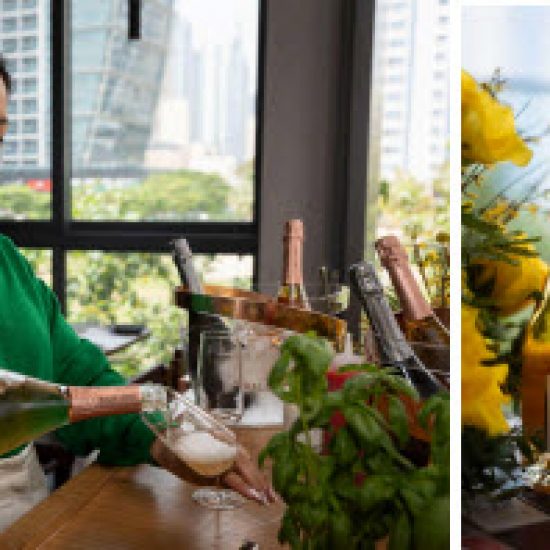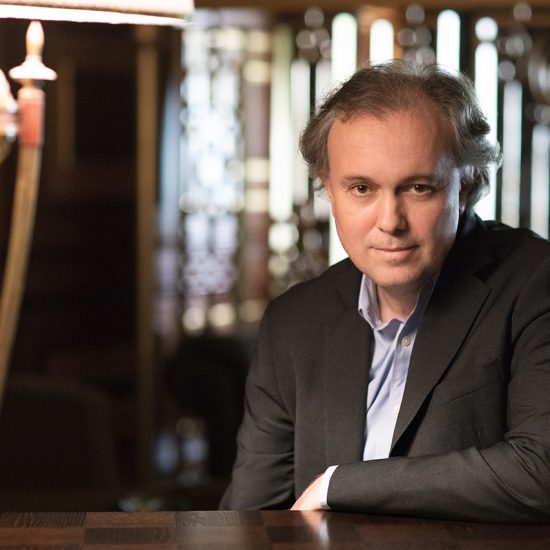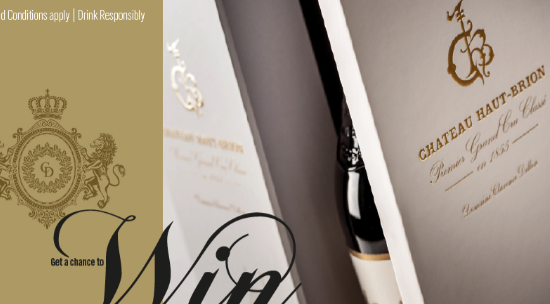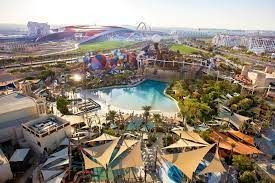
The Abu Dhabi International Book Fair completed its 27th edition on Tuesday. On the surface the event did what it was designed to do. Thousands of books were sold, literary awards were handed out, a new publishing house was announced, publishing deals were signed and authors’ works were snapped up in languages ranging from Chinese to Turkish.
But it is only when you spend a serious amount of time at the fair, held at the Abu Dhabi National Exhibition Centre, that you witness the little moments and see the threads that make it unique.
Make no mistake, the book fair is a travelling circus.
There are the book traders who function almost like roadies, with Abu Dhabi being part of an established route that includes Cairo and Doha earlier in the year and Tehran and Lagos next week. All that travelling, packing and unpacking of books can be tiring at best; hence Idriss Mears’s decision to carve himself a space on the floor for coffee breaks beside his Blackstone & Holywell stand, which specialises in spiritual literature.
“This is my spot,” Mears states. “It’s just a place for me to have my coffee, eat a sandwich, do some work and just take a breather.”
Mears’s rest breaks unwittingly made him one of the faces of the book fair – a photographer for a daily Arabic newspaper snapped a front cover image of him cross-legged for the following day’s edition.
Not everyone was doing it rough. The Al Multaqa Literary Salon remains one of the most lavish pavilions to ever grace a book fair. The space resembles an opulent living room with plush couches, warm lighting and walls festooned with western and Asian inspired paintings. Waiters are always on the move, serving a whole array of bite-sized treats, including sandwiches, burgers and pastries.
More than the creature comforts, however, the Al Multaqa remains one of the most successful book clubs in the Arab world. Organised by founder Asma Seddiq Al Mutawaa, the group meets every two weeks in Abu Dhabi and has been included as a member of the Unesco Book Clubs.
A hallmark of the salon is that authors are asked probing questions – as best-selling Turkish writer and poet Tuna Kiremitci found out on Thursday. He arrived in the capital to discuss his 2007 novel, Prayers Stay the Same, which recently received an Arabic translation. Revolving around the extended conversation between an elderly Jewish woman who had found refuge in Istanbul during World War Two and a young Muslim girl grown up in a turbulent household, Prayers Stay the Same received a mixed response from the salon.
“I don’t like the title of your book, it is not accurate,” began Al Mutawaa. “What do you mean they are the same,” another member says indignantly. “Jewish people have their own prayer and we have ours. Perhaps you may have been confused from your upbringing?”
An older regal woman in a billowing white dress is even more direct: “Don’t we have enough stories about the Holocaust already? Why can’t you tell our stories more?”
After a ragged start of polite answers, Kiremitci warms up and engaged in thoughtful discussion on how literature can act as a bridge between cultures and religions.
“I have to say I never went to a session such at this,” he says in his closing remarks. “This has been a wonderful discussion and believe me I learned a lot about myself from all of you.”
In the audience is Mehmet Demirtas, the director of the Istanbul Tanpinar Literature Festival. A seasoned visitor to the book fair, he invites me to the German book fair stand for “a little party”. The Teutonic minimalism of the space allows the nearly 50 guests to fit comfortably as waiters pass around a not exactly German treat of tempura prawns.
After Claudia Dobry from the Frankfurt Book Fair joins us, I receive a course in what Demirtas describes as “book fair dynamics”. Dobry says the book fair circuit has its own equivalent of the tennis grand slam tournaments. “We also have the big four,” she explains. “There is our own in Frankfurt, of course. Then there is London Book Fair, Beijing and Guadalajara. We are particularly excited about Beijing and Guadalajara as there is growing readership for German books in these markets.”
I return on the penultimate day of the book fair to see the traders beginning the packing process. Mears, on the other hand, is in the midst of the final rush of sales. He discreetly pulls me aside to the corner of the stand for a private chat.
He nods to an elderly western gentlemen, dressed in a smart suit, who is browsing books about Islamic history.
“He converted to Islam 10 days ago,” he explains. “He is a well- educated man and was looking for books about the faith that is not too basic but deep research. I have been helping him curate a book, a kind of working kit for him.”
More than the sales, Mears says moments like these keeps him returning to Abu Dhabi. “I believe that every book has someone who is looking for it,” he says.
“I am a facilitator. It is my job to bring the book and person together.”
Saeed Saeed is the editor of Arts & Life at The National








